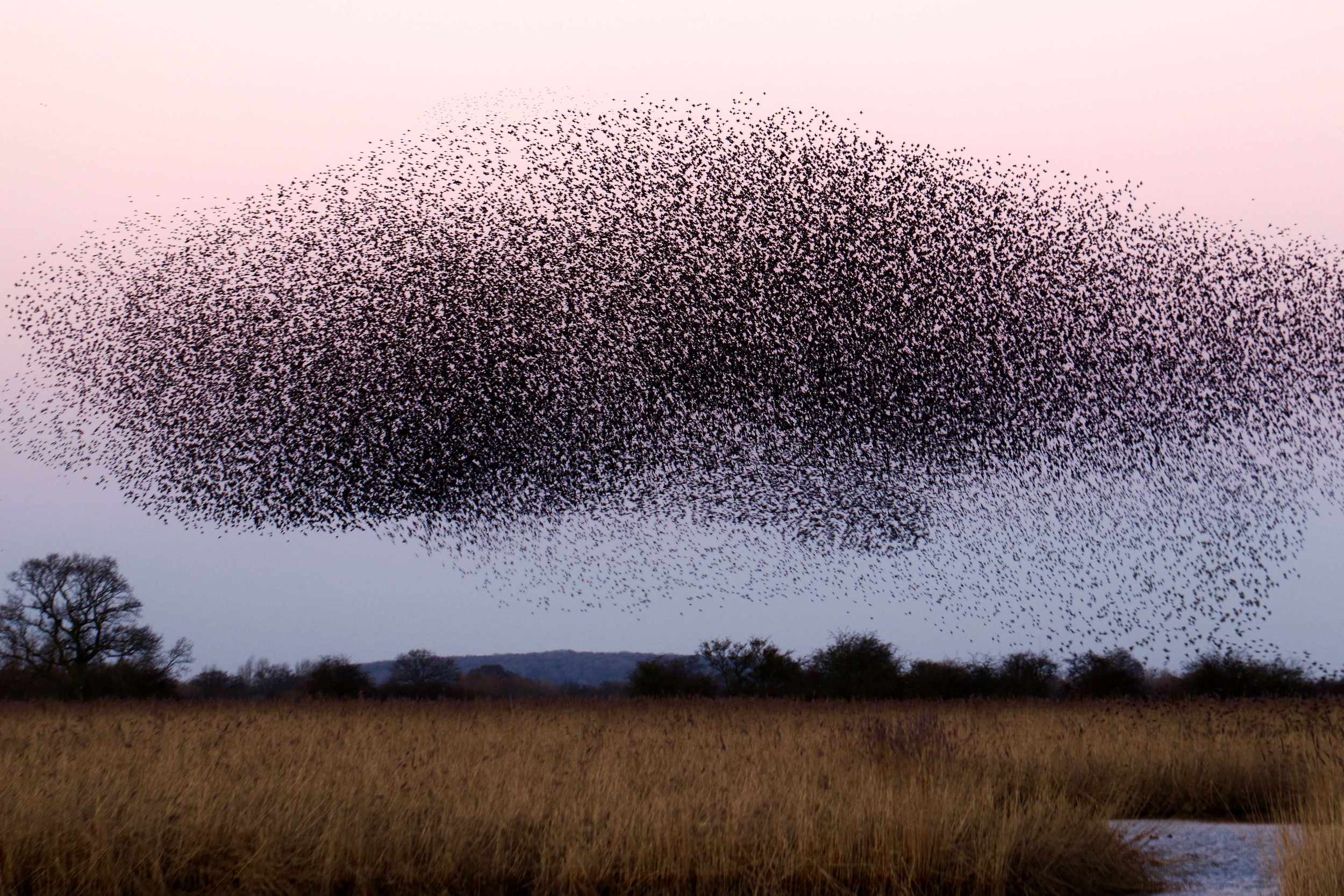Mindfulness Meditation: Does It Even Matter?
I think it’s important to ask myself “does my practice have an impact in the world”? What difference am I making, if any?
I hope you can see the impact your practice has had on your life, and perhaps on the lives of those around you. But what about beyond the range of direct influence? When we develop lovingkindness for all beings, honestly, does it matter? What does it mean when we say that we “offer the merit” of our practice to “all beings”?
This past year, I’ve taught six MBSR classes with 20 to 30 participants, one extended Dharma Class, and co-trained 42 new MBSR teachers from around the world. These aren’t large numbers. I’m only one teacher. In time each of those 45 new teachers will be touching the lives of many people. When I consider that there are hundreds of MBSR teachers around the globe at this point, and hundreds of others teaching different curricula steeped in mindfulness, the numbers start to become more meaningful. The movement to on-line learning has increased these numbers substantially. There is, to use Joanna Macy’s term, a “great turning” happening.
While it’s clear how deeply flawed, challenging and filled with greed, hatred and delusion the world seems to to be at times, the fact that so many people are coming to these practices should give us some hope. Is it too little, too late? We can’t know this for sure. It’s important to recognize that by bringing these practices into our lives whole-heartedly, we are part of something much bigger than we are able perceive. Transforming hearts and minds will have an impact. For now, working with those in our immediate reach is what is most tangible.
As many of you know, it is a Buddhist practice to “share the merit that we have gained for the well-being of all.” What exactly is this “merit”? In the Buddhist tradition merit is gained through skillful acts of generosity and compassion. The karmic consequence of these actions has an impact on future lives, however might choose to interpret that. Other teachings say that beyond these ethical actions, insights into impermanence and non-self also generate merit. This merit is said to be beneficial not just to us, but also to others. How does that actually work?
I am not entirely sure. And that’s ok. Part of my practice is to be with “not-knowing.” In many Indic traditions (not just in Buddhist), we are invited to act while letting go of the results. This is an act of faith, sraddha, in the sense of confidence in the practice.
Although we can’t be sure of outcomes and are encouraged not to cling to expected results, it is suggested that we practice as if our lives depended on it.
Because, just maybe, it does. Mine and yours, and all of ours.

